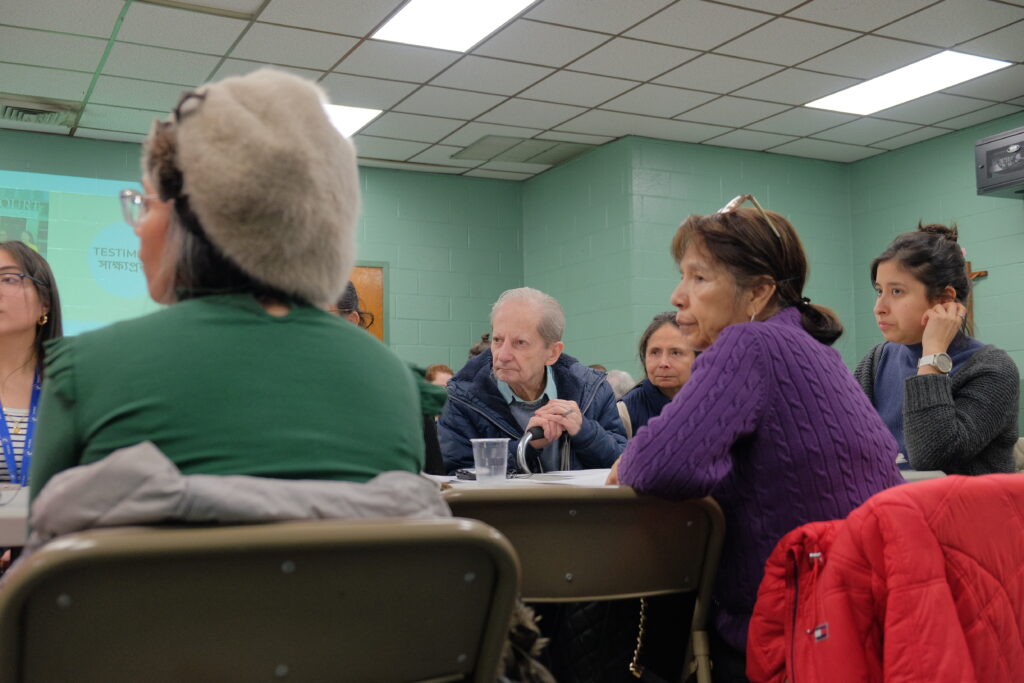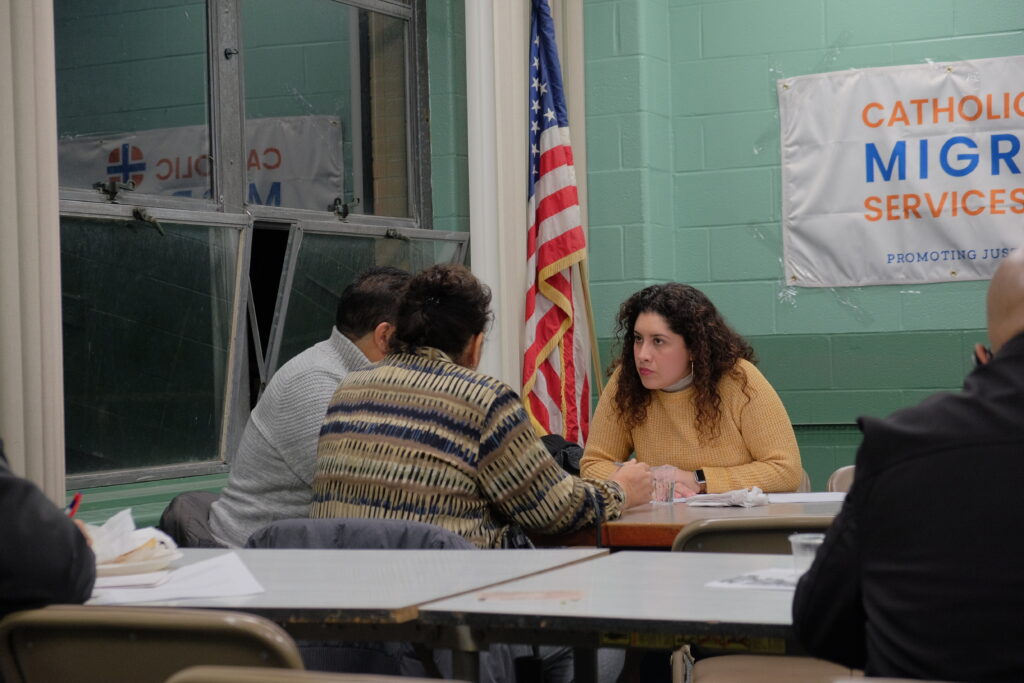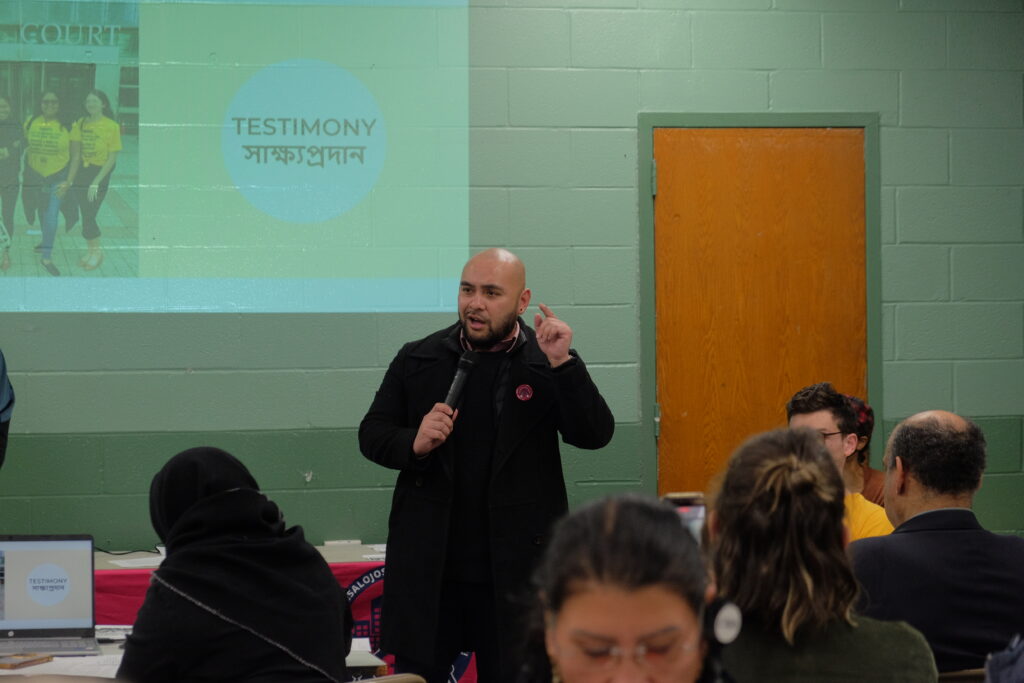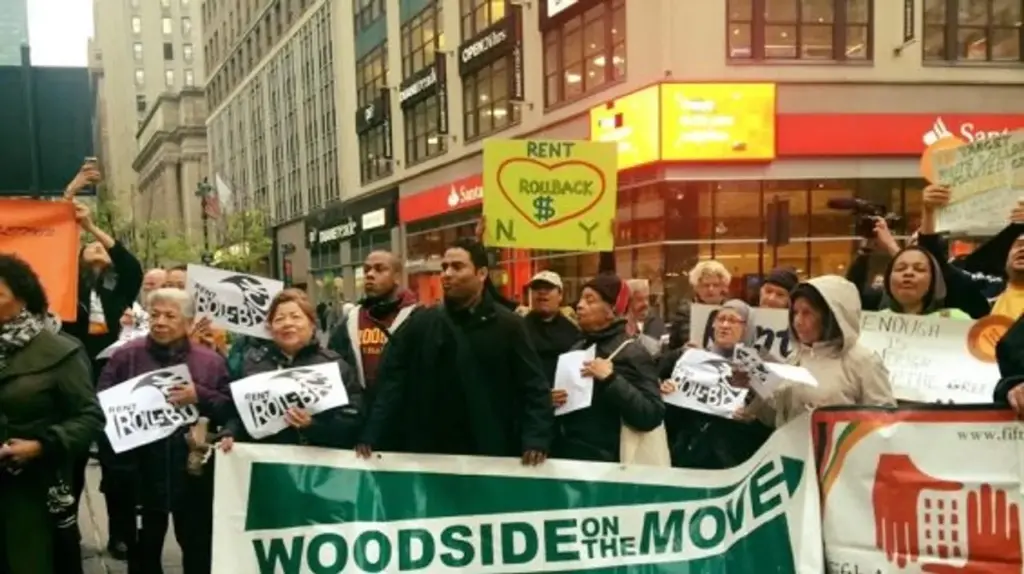Staff Attorney, Employment Unit
JOB ANNOUNCEMENT
Staff Attorney, Employment Unit
Catholic Migration Services (“CMS”), an affiliated agency of Catholic Charities Brooklyn and Queens, provides high quality free legal services, community education, and advocacy for low-income immigrants residing in New York City, regardless of race, religion, ethnicity, national origin, or immigration status. CMS assists individuals with their immigration, housing, and employment legal needs. CMS is committed to “welcoming the stranger in our midst” by serving and working alongside underserved immigrant communities to advance equality and social justice in an ever-changing landscape.
Our Employment Unit seeks a full-time, highly motivated, and passionate employment attorney to join our team. This is for a full-time position in our Sunnyside, Queens office. The position is hybrid (three days per week in the office and two days remotely). The attorney will advise and represent low-wage workers with a variety of legal claims in New York state and federal courts and administrative agencies. The attorney will also conduct know-your-rights workshops at community-based organizations. The Employment Unit most commonly represents clients with wage-hour violations (unpaid wages, minimum wage and overtime violations), paid sick leave and family leave violations, discrimination and sexual harassment, and retaliation.
Essential Duties and Responsibilities:
- Advise and represent workers (individuals and groups) before state and federal courts, and administrative agencies;
- Counsel clients on their rights and resolve claims through negotiation when appropriate;
- Lead Know-Your-Rights type presentations at community sites;
- Participate in advocacy efforts – primarily at the local and state levels – to influence legislative or administrative bodies on matters impacting low-wage workers;
- Assist in outreach; and Other duties as assigned.
Qualifications:
- Admission to the New York State Bar;
- At least three years of relevant experience (i.e, clerkship, litigation, representing low wage workers)
- Demonstrated commitment to public interest work;
- Ability to coordinate and collaborate successfully with other groups and organizations;
- Excellent written, oral and analytical skills;
- Proficiency in languages other than English is strongly preferred but not required; Excellent organizational skills;
- Demonstrated ability to take initiative and work independently; and
- Ability and experience working with clients from diverse backgrounds and communities.
Diversity and Non-Discrimination Policy:
Catholic Migration Services values workplace diversity and welcomes applicants and employees of all backgrounds. CMS strives to create a positive, supportive, and inclusive work environment for all staff. CMS makes all employment decisions without regard to any applicant’s or employee’s protected characteristics, including their race, religion, color, national origin, immigration status, age, disability, sexual orientation, gender identity, arrest conviction record, or marital status.
Salary and Benefits:
Salary is on a union scale based on years of experience. The salary range for an attorney with four to twenty-five years of experience is $76,975.03 to $110,636.14, depending on years of experience. CMS offers a very competitive benefits package that includes medical, dental and vision insurance coverage, transit benefits, Flexible Spending Account (FSA) and a 403(b) retirement plan including employer contribution. We offer generous leave policies, including four weeks paid vacation, four paid personal days, fourteen paid holidays and the week off between Christmas and New Year’s Days, inclusive.
Union Representation:
This is a bargaining unit position represented for collective bargaining purposes by the Association of Legal Aid Attorneys, UAW, Local 2325.
Application Instructions:
Applications will be accepted immediately and will be considered on a rolling basis. Interested applicants should send a cover letter, resume, and list of three professional references to: Magdalena Barbosa, Director of Legal Services, at mbarbosa@catholicmigration.org. Please include “Staff Attorney, Employment Unit” in the subject line.
View and download the job announcement as a PDF: Staff Attorney, Employment Unit






